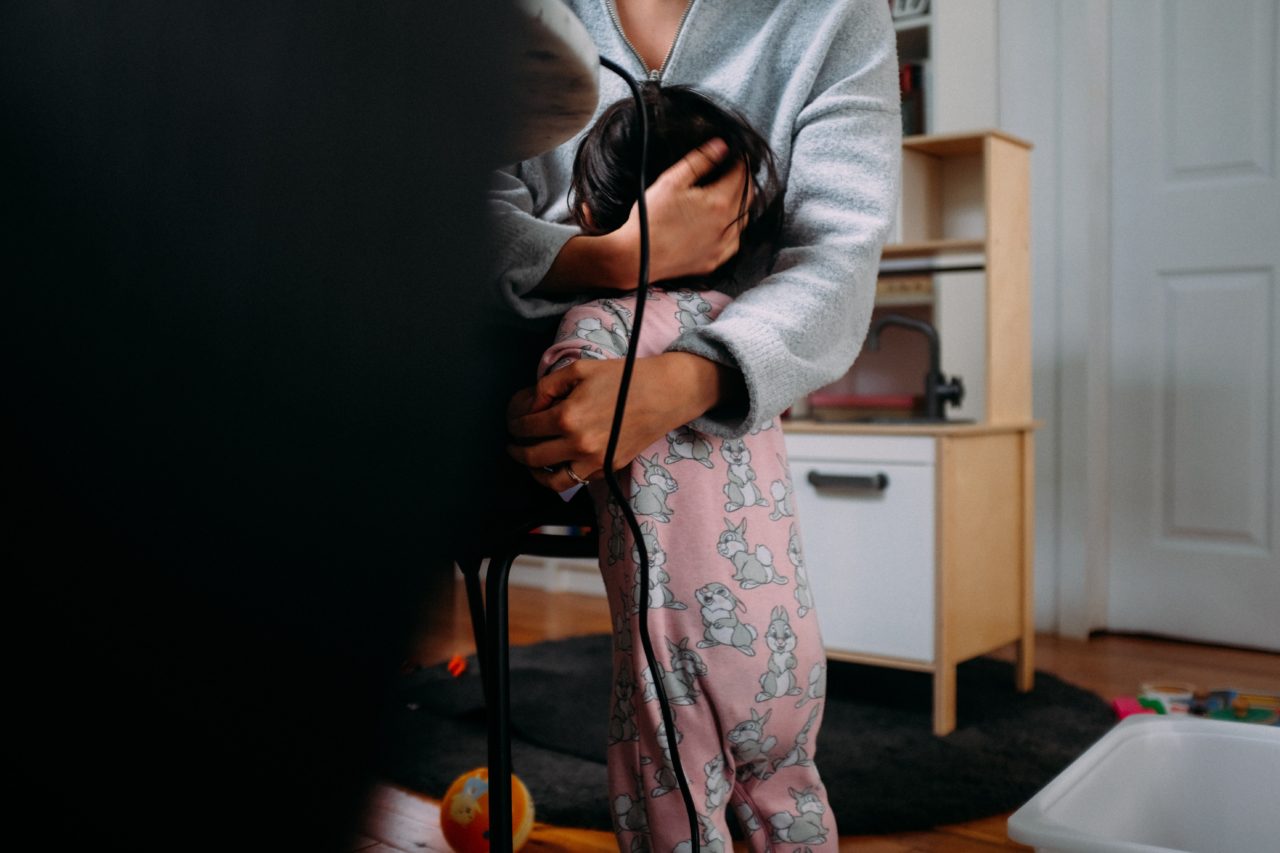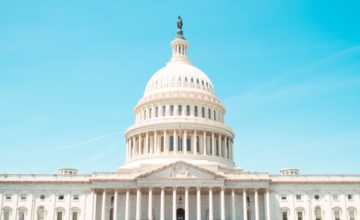Last weekend, Maryland legislators overrode the Governor’s veto to pass the state’s Time to Care Act of 2022. Among other highlights, beginning in January 2025, Maryland’s new paid leave program will:
• Cover almost all employees in Maryland, regardless of employer size, including full-time and part-time workers and private and public sector workers;
• Provide up to 12 weeks of leave with partial wage replacement when workers or their loved ones are seriously ill, when welcoming a new child (for parents of any gender, including foster and adoptive parents), or to address the impact of military deployment, allowing up to 24 weeks in special circumstances;
• Ensure the right of employees to get their jobs back following leave (with very limited exceptions) and retain their health insurance during leave; and
• Pay workers up to 90 percent of their wages on a sliding scale, with lower-income workers receiving the highest portion of their wages.
In addition to the Time to Care Act, several other baby friendly measures also passed into law.
• HB 995 streamlines child care subsidy approval and compensation processes for child care providers and families. Provisions include presumptive eligibility for families meeting certain criteria, allowing speedier access to subsidies, as well as “express lane” expansion for the Supplemental Nutrition Assistance Program, the Special Supplemental Nutrition Program for Women, Infants, and Children, and housing vouchers, meaning that families found eligible for those programs are automatically eligible for child care assistance. In addition, the bill finally removes the child support enforcement requirement for families seeking subsidies.
• HB 993 establishes a $35 million revolving loan fund available to all child care providers who provide care to children in the subsidy program.
• HB 1100 provides new hire and annual retention bonuses to child care staff across the state.
• SB 316/HB 282 includes sales tax exemptions for child care products such as diapers, car seats and baby bottles.
• HB 725 establishes a Therapeutic Child Care grant program.
• HB 513 codifies the Infant and Early Childhood Mental Health Support Services Program within the State Department of Education’s Division of Early Childhood Development, requiring the Governor to include an appropriation of $3 million for the operation of the Program in the annual budget bill for Fiscal Year 2024 and beyond.
For more information about any one of these bills, enter the bill number here. ZERO TO THREE heartily congratulates Maryland advocates and policymakers on all of these big wins for Maryland families.




